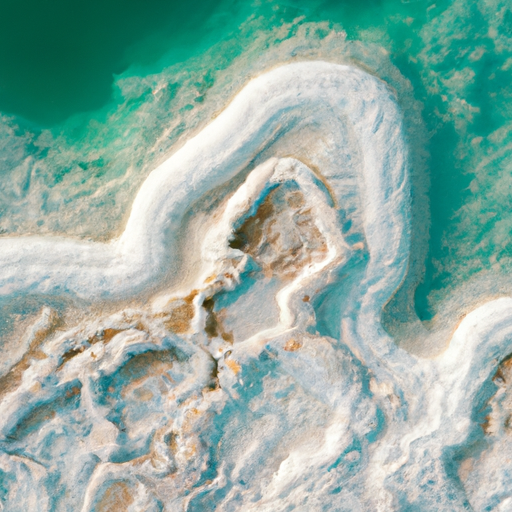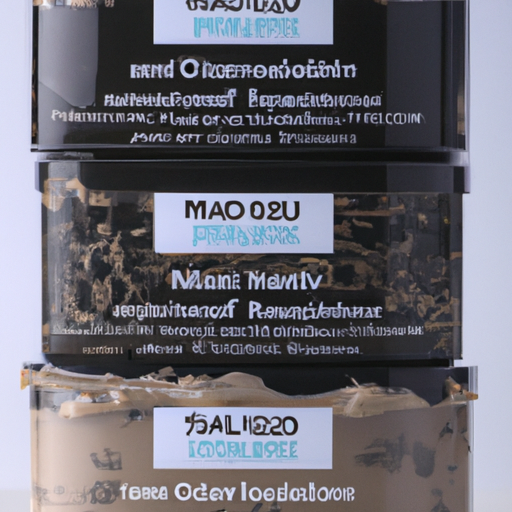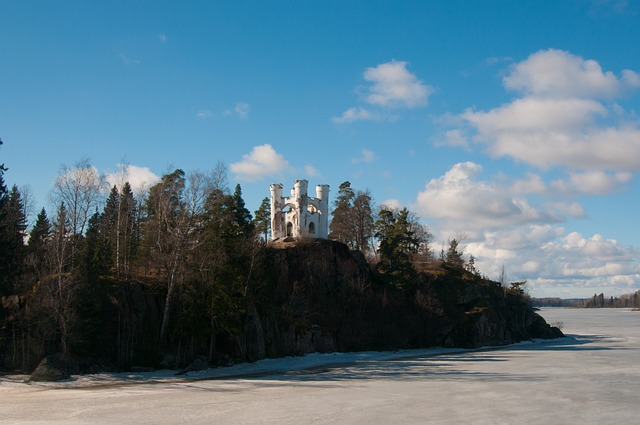This blog post provides an extensive exploration of the history and culture of the Dead Sea. From its geographical significance to its historical and cultural impact, the Dead Sea has much to offer. The post delves into the ancient civilizations that thrived around it, the unique natural phenomena it exhibits, and its influence on modern health and beauty industries.
1. Unraveling the Past: What Ancient Civilizations Graced the Shores of the Dead Sea?
The shores of the Dead Sea have witnessed the rise and fall of numerous ancient civilizations throughout history. From the earliest recorded settlements to the mighty empires of the past, this region holds a rich tapestry of human history. One of the most prominent civilizations that graced the shores of the Dead Sea was the ancient kingdom of Israel. The biblical cities of Sodom and Gomorrah, with their infamous tales of destruction, are believed to have been located in this area.
The Dead Sea region also played a significant role during the time of the Roman Empire. The ancient fortress of Masada, perched atop a rugged mountain overlooking the sea, stands as a testament to the Roman occupation. It was here that a group of Jewish rebels made their last stand against the Roman forces, leaving behind a story of valor and resilience that continues to captivate historians and visitors alike.
In addition to the biblical and Roman connections, the shores of the Dead Sea were also inhabited by the Nabateans, an ancient Arab civilization known for their sophisticated water management systems and impressive rock-cut architecture. The famous city of Petra, although not directly located on the shores of the Dead Sea, was part of the Nabatean kingdom and flourished as a vital trading hub.

1. An aerial view of the Dead Sea, showcasing its vast salt formations.
2. 'Life cannot exist without death' – What Makes the Dead Sea So Salty and Lifeless?
The Dead Sea is famously known for its exceptional saltiness and its inhospitability to most forms of life. This unique characteristic can be attributed to a combination of geographical and environmental factors. First, the Dead Sea is located in a landlocked depression, with no outlet for water to flow out. This causes water to evaporate, leaving behind concentrated mineral deposits and increasing the salinity of the sea.
Secondly, the Dead Sea receives water from the Jordan River, which carries a high concentration of salts and minerals from the surrounding areas. As the water flows into the Dead Sea, it brings along these minerals and salts, contributing to its high salt content. Over time, this accumulation has resulted in the Dead Sea being one of the saltiest bodies of water on Earth.
The extreme salinity of the Dead Sea makes it nearly impossible for most organisms to survive. The high salt concentration creates a harsh environment where only a few specialized forms of microbial life can thrive. These microorganisms have adapted to the extreme conditions and are able to tolerate the high salt levels.
Despite its lifeless nature, the Dead Sea's unique properties have made it a renowned destination for therapeutic and recreational purposes. The high salt content and mineral-rich mud of the Dead Sea are believed to have numerous health benefits for skin conditions, such as psoriasis and eczema. Additionally, the buoyancy of the water allows visitors to effortlessly float on its surface, providing a relaxing and unique experience.
3. Can the Dead Sea's Salinity Be a Blessing in Disguise for the Beauty Industry?
The high salinity of the Dead Sea has not only attracted tourists seeking unique experiences but has also caught the attention of the beauty industry. The mineral-rich mud and salt from the Dead Sea have long been believed to have numerous benefits for skincare and beauty.
The minerals found in the Dead Sea, such as magnesium, calcium, and potassium, are known for their nourishing and rejuvenating properties. These minerals have been incorporated into a wide range of beauty products, including facial masks, body scrubs, and bath salts.
The unique composition of these minerals helps to exfoliate the skin, remove impurities, and improve overall skin texture. The high salt content also helps to stimulate blood circulation, which can promote a healthier complexion.
Moreover, the Dead Sea mud has been praised for its ability to detoxify and purify the skin. It can help draw out toxins and impurities, leaving the skin feeling refreshed and revitalized.

3. Photo of Dead Sea mud skincare products, showing how the sea's minerals are harnessed for beauty treatments.
4. How Has the Dead Sea Shaped Modern Middle Eastern Culture?
The Dead Sea holds a significant place in the history and culture of the Middle East. Its unique characteristics have shaped various aspects of modern Middle Eastern culture. The Dead Sea has been a source of inspiration for artists, writers, and poets, who have captured its beauty and mystique in their works.
In the realm of health and wellness, the Dead Sea has become a popular destination for spa and wellness retreats. Its mineral-rich waters and mud have been believed to have therapeutic properties, attracting visitors seeking relaxation, healing, and rejuvenation. The rise of wellness tourism in the region can be attributed, in part, to the allure of the Dead Sea.
Furthermore, the Dead Sea has also played a role in religious and spiritual practices. It is believed to be the location of biblical stories and is mentioned in various religious texts. The region surrounding the Dead Sea holds historical significance for Judaism, Christianity, and Islam, drawing pilgrims and religious tourists from around the world.
The economic impact of the Dead Sea cannot be overlooked. The tourism industry surrounding the Dead Sea has created employment opportunities and boosted the local economy. The extraction of minerals from the sea, such as potash and bromine, has also contributed to the economic growth of the region.
Moreover, the Dead Sea has become a symbol of regional cooperation. Despite political tensions in the Middle East, countries bordering the Dead Sea have collaborated on environmental initiatives to protect and preserve this natural wonder. Efforts have been made to address the shrinking of the sea and to promote sustainable tourism practices.
The Dead Sea is imprinted with rich history and culture, making it a place of global significance. Its unique natural characteristics, coupled with its historical and cultural influences, have shaped the way people perceive and interact with it. While its salinity level may be challenging for marine life, it has given rise to a booming health and beauty industry. The Dead Sea is a testament to the beauty and diversity of our planet, reminding us of the intricate ties between nature and human civilization.
We reccomend taking a tour to dead sea to enjoy all it's marvels.






